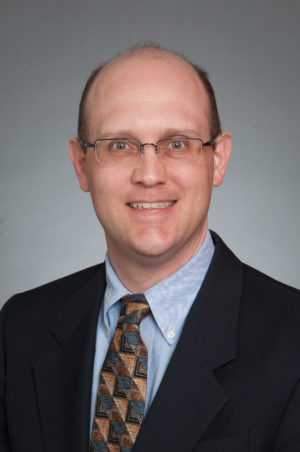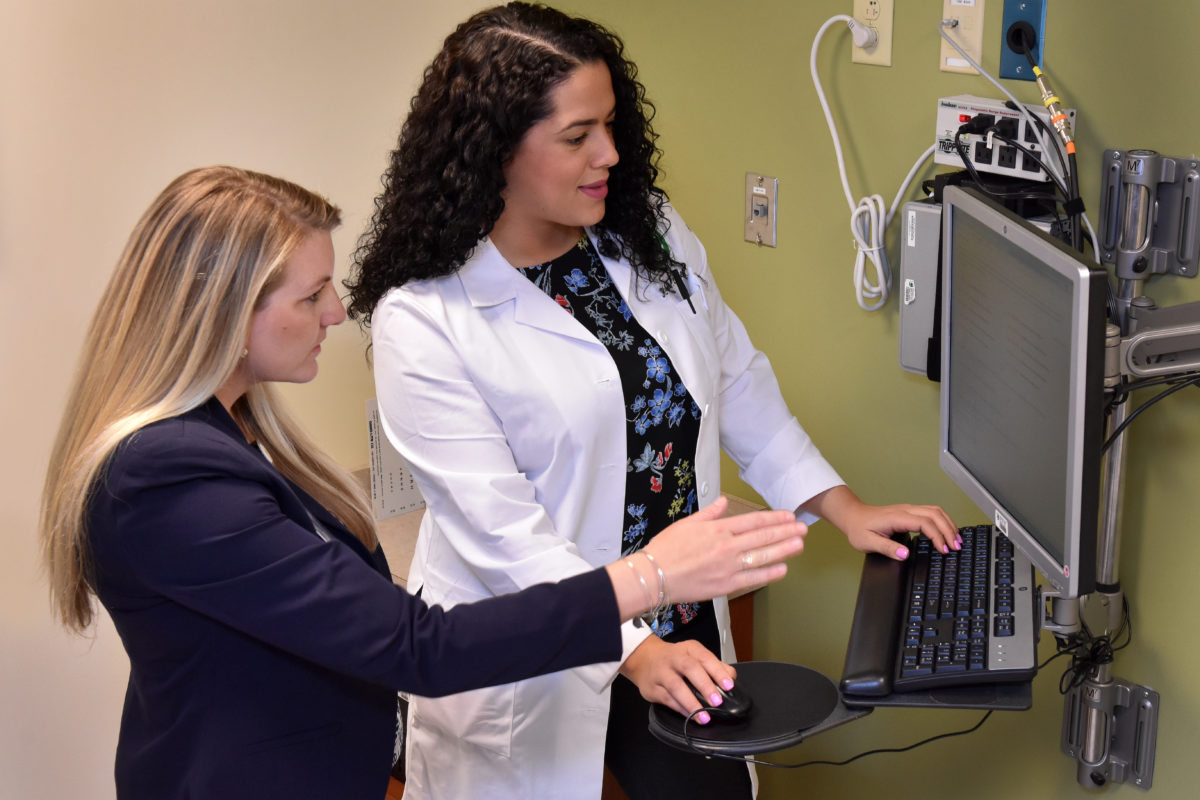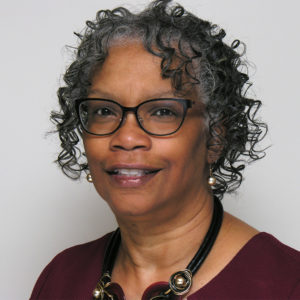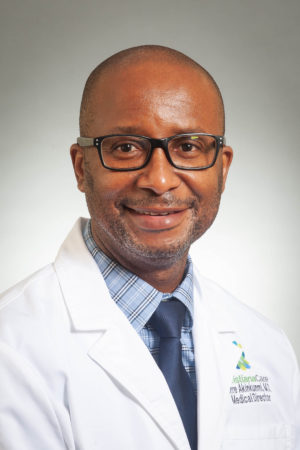Consumers often search online reviews when considering new products or services. So when it comes to one of their most important decisions, selecting a health care provider, Christiana Care is ensuring consumers have the most accurate information they need to make informed choices.
In January, Christiana Care launched the Clinician Transparency Program, in which patients’ reviews of about 115 primary care and women’s health providers are posted on the system’s Find a Doctor website. In June, consumer feedback became available for other outpatient clinicians, including medical specialists and surgeons, for a total of about 400 clinicians.
“Sharing this information will improve the experience of our patients,” said President and CEO Janice E. Nevin, M.D., MPH. “Top-performing health systems around the country are increasing the transparency they provide — transparency around quality, safety, financial performance and also what to expect from the people who provide care.
“This initiative will help the people we serve in respectful, expert, caring partnerships make informed choices about their provider. I am deeply appreciative to all of our clinicians who understand that clinical transparency will push us to be even better.”
Clinician reviews already are available online at sites such as Yelp, Facebook and Healthgrades. By posting more accurate and comprehensive feedback, Christiana Care can ensure that it adheres to the Seal of Integrity upheld by partner Press Ganey Associates, which has helped health care providers improve patient experience for more than 30 years.
The evaluation measures have been nationally tested, 100 percent of patient responses are validated and no comments or star ratings are published for a provider until there are at least 30. Every comment is posted as long as it is not vulgar, does not reveal personal information about the anonymous respondent and is not completely off-topic (for example, about a different physician).

“It’s increasingly important for consumers who are potentially patients to have information when they’re making their choices about their health care,” said Julie Silverstein, M.D., FACP, clinical director for primary care and a member of the nine-member transparency steering committee, which includes two patient advisers. “Those other sites have taught us that people are interested in reviews, so it makes more sense to give them accurate information.”
A random sample of a provider’s patients receives a survey about their office experience, which includes an advisory that their comments might be published. Comments are shared with clinicians first, and they have 14 days to review them before they are posted online. An appeals process is in place for any questionable content.
“It gives us the opportunity to proactively provide meaningful and first-account information from patients back to the community that we serve,” said Doug Azar, senior vice president of the medical group and a steering committee member.
In the new program, each clinician stands independently with a rating of up to five stars and comments based on a rolling set of the past 12 months’ responses. After 12 months, comments drop off the profile.
As with any new initiative, the group was prepared for clinicians’ concerns.
“In the past, providers pushed back against a comparative system that ranked them against each other,” said cardiologist Roger Kerzner, M.D., FACC, clinical director for specialty services in the medical group and a steering committee member. “What was remarkable was how really open to the content people were. There was really a genuine sense that we just want to be open with what we’re doing.”

Jennifer Czerwinski, senior program manager for patient experience, echoed his impression.
“We went in thinking we’d get heels in the sand,” she said. “It was really amazing, eye opening and speaks volumes to the types of folks we have working at Christiana Care. They absolutely embraced it, arms wide open, that this is information our consumers must have.” In fact, she said, some clinicians are eager to reach 30 responses so they can share their reviews with patients, friends and family.
It doesn’t hurt that by and large, the reviews are overwhelmingly positive.
“The reality is most people really like their doctors,” Dr. Kerzner said. “And we are really working to maximize that relationship.”
“It is a source of pride to be able to share those reviews with consumers,” said Dr. Silverstein.
Deirdre E. Mylod, Ph.D., senior vice president for research and analytics for Press Ganey, spoke at a recent Christiana Care symposium about the importance of measuring patient satisfaction.
“Efforts to improve experience are efforts to reduce patient suffering,” she said, noting that patient surveys measure critical components of care — like quality, safety and interaction — not amenities.
“Patients have a lot to say about the amount of time spent with them,” said Shawn Smith, MBA, vice president for patient experience. “They’re also concerned about wait times. They want to know, ‘Why are we waiting? And what’s the status of our plan of care?’”
The ratings are especially important because, unlike choosing a new lawn mower or local restaurant, people’s health is at stake.
“Medical care is unique in the sense that the people who are receiving the care are vulnerable,” Dr. Kerzner said. “For success, you can’t just have the best person fixing the car. First, you have to have trust that this person is going to be a partner and look out for your interest. Transparency enhances the sense of partnership.”



